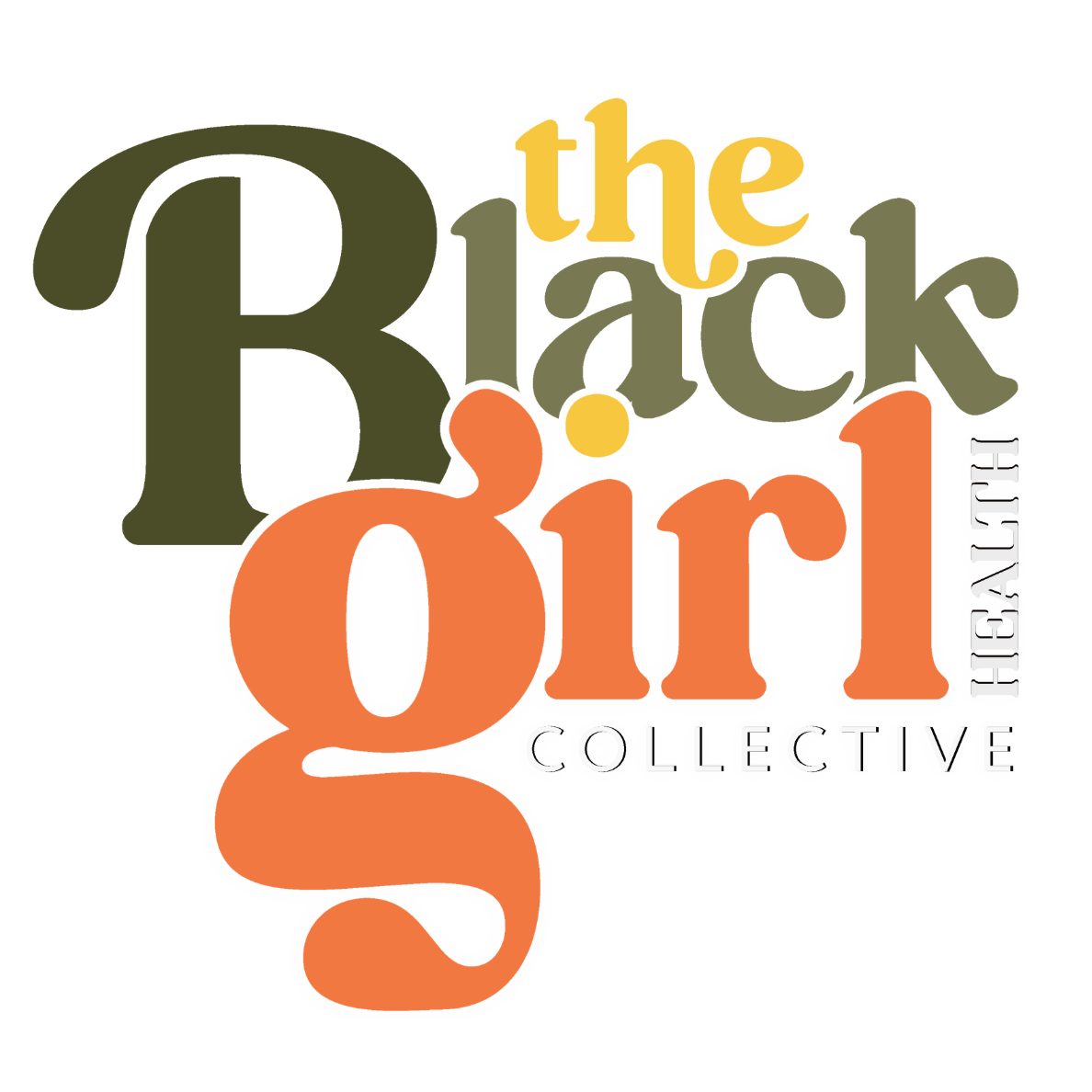This Ain’t Just About Diddy. Our Pain isn’t A Punchline
Cassie. Megan Thee Stallion. Halle Bailey.
In recent months, the public has witnessed three women step forward with painful truths. From Cassie detailing years of abuse at the hands of Diddy, to Megan Thee Stallion surviving a shooting only to be mocked and doubted, and lastly Halle Bailey seeking legal protection and full custody of her child amid allegations of abuse by DDG.
The public response? Mixed at best.
Support was scattered.
Criticism was loud.
And far too many stayed silent.
The Silent Undercurrent
If we can’t believe or protect high-profile Black women with access to legal teams and media attention, how do we treat the women right next to us?
What about our coworkers? Our sisters? Our friends?
What does our silence cost them?
The numbers paint a stark picture:
Black women experience domestic violence at a rate 35% higher than white women.
Nearly 40% of Black women endure physical violence from an intimate partner in their lifetime.
Homicide is a leading cause of death for Black women aged 15 to 34, often tied to intimate partner violence.
Misogynoir Makes It Easier to Dismiss Our Pain
Black women exist at the intersection of racism and misogyny, where our pain is often normalized, minimized, or outright ignored.
Misogynoir, the term coined by Moya Bailey, captures this exact reality: a specific form of hatred directed at Black women that makes our experiences easier to dismiss and harder to validate. Megan was mocked. Cassie was accused of chasing money. Halle's safety was overshadowed by commentary on her body and motherhood.
The responses aren’t new. However, in the time of social media I’d argue they’re even more detrimental. The harmful narratives don’t just exist in echo chambers. They amplify, and our pain becomes a punchline.
Fame Doesn’t Equal Safety
It’s about all of us, not just celebrities. Black girls navigating bullying and sexual harassment on social media platforms. Black mothers being policed for how they parent. Black femmes being doxxed, harassed, and dragged for daring to take up digital space unapologetically.
The impact is not abstract. We see the harm in a multitude of manifestations. Not just psychically, emotionally, but psychologically as well.
It’s easy to assume that wealth, visibility, or status offer some sort of protection. But abuse doesn’t care about your Instagram following or red carpet access. If anything, fame can become another tool of control, used to manipulate public perception and silence survivors.
If We Don’t Believe Them, Who Will We Believe?
If we struggle to believe Black women with platforms, legal teams, and media attention, what happens when it’s our cousin? Our homegirl? The woman from church? The young mother next door?
Complicity isn’t always loud.
Sometimes it’s silence.
Sometimes it’s doubt disguised as neutrality.
Sometimes it’s the “He’s a good man, Savannah.”
We Know How to Heal. We Just Need to be Believed.
In spite of all of this, Black women continue to lead. We build peer support networks. We create spaces that see us and center our experiences. We design community-based alternatives that center safety and healing over shame and judgment.
We deserve systems that see us and hold us, and not ones that make us prove we’re worthy of protection.
Every time Black women share their stories, they are seeking something beyond justice. They are reclaiming their power, their voice, and their right to live free from violence.
But we shouldn’t have to do it alone. It’s on all of us to listen deeply, respond with care, and take action.
At BGHC believe Black women the first time, and we’ll keep showing up until the world does too.
Resources for Support
If you or someone you love is experiencing domestic violence, you are not alone. Below is a list of national resources for support.
Sistas Rising
www.sistasrising.org
A survivor-centered organization focused on healing, empowerment, and advocacy for Black women affected by domestic and sexual violence.Women of Color Network, Inc. (WOCN)
www.wocninc.org
Provides national leadership, training, and resources for women of color, including Black women, who are survivors of violence.The National Domestic Violence Hotline – Culturally Specific Services
www.thehotline.org
While national in scope, they offer culturally responsive advocates trained to support Black survivors. Call 1-800-799-SAFE (7233) or text "START" to 88788.Ujima: The National Center on Violence Against Women in the Black Community
www.ujimacommunity.org
Specifically focused on addressing domestic, sexual, and community violence in the Black community through research, policy, and survivor support.
#BelieveBlackWomen
#ProtectBlackWomen
#DomesticViolenceAwareness
#HealthJustice
#BlackFeministThought
#Misogynoir

